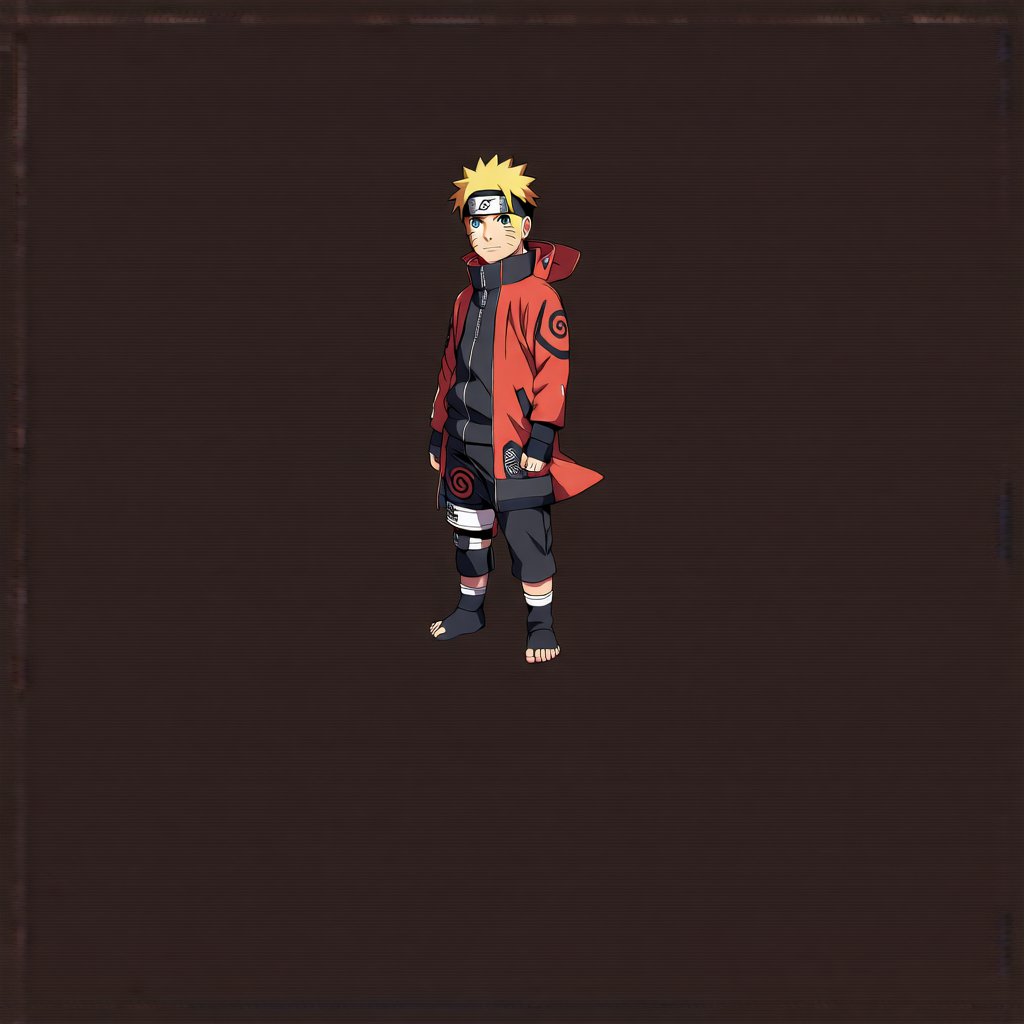
Introduction to Naruto’s Fashion Journey
Naruto Uzumaki, the beloved protagonist of the popular anime and manga series “Naruto,” is not only known for his determination and ninja skills but also for his unique and evolving style. Throughout the series, Naruto’s wardrobe reflects his growth as a character, his experiences, and his relationships with those around him. This article delves into the evolution of Naruto’s fashion choices, highlighting key moments and the significance of his style.
The Early Years: A Ninja in Training
Traditional Ninja Attire
In the early episodes of “Naruto,” the protagonist’s outfit is quite simple yet iconic. He typically wears an orange jumpsuit with a high collar, accompanied by blue sandals. The choice of bright orange is symbolic of Naruto’s vibrant and energetic personality. This outfit not only represents his status as a ninja in training but also serves to distinguish him from his peers.
Accessories and Symbolism
Naruto’s early look includes a headband, a crucial accessory for any ninja. This headband signifies his allegiance to the Hidden Leaf Village and his ambition to become Hokage. The headband is not just a piece of clothing; it embodies his dreams and the weight of his responsibilities.
Transitioning to Maturity: The Chunin Exams
A Shift in Style
As Naruto progresses through the Chunin Exams, his wardrobe begins to reflect his growth. He adopts a more tactical approach to his outfits, incorporating elements that enhance his mobility and functionality as a ninja. The introduction of darker colors and layering signifies a transition from a carefree child to a more serious and focused young adult.
Influences from Friends
During this period, Naruto’s style is also influenced by his friends and mentors. He starts to wear clothing that mirrors their styles, subtly showcasing his evolving identity. This camaraderie is an essential aspect of Naruto’s journey, emphasizing the importance of friendship and teamwork in his life.
The Shippuden Era: A Mature Ninja
A More Refined Look
In “Naruto Shippuden,” Naruto’s style takes on a more refined and mature appearance. His outfit features darker colors, such as navy blue and black, paired with a red and white jacket. This change signifies his growth, both in terms of power and personal development. The addition of a more sophisticated outfit reflects the challenges he faces as he confronts formidable enemies.
Symbolic Elements
Naruto’s outfit in Shippuden also includes new symbolic elements, such as the Uzumaki clan symbol. This is a nod to his heritage and serves as a reminder of his past, connecting him to his family and the legacy he wishes to uphold. The incorporation of these symbols adds depth to his character and reinforces the themes of legacy and identity throughout the series.
The Final Arc: Embracing His Role as Hokage
The Iconic Hokage Attire
In the final arc of the series, Naruto’s attire evolves once again as he steps into the role of Hokage. He dons a traditional Hokage cloak, symbolizing his ultimate achievement and the culmination of his dreams. The cloak, adorned with the Leaf Village emblem, signifies his leadership and responsibility towards his village and its people.
A Blend of Tradition and Modernity
Naruto’s final look beautifully blends traditional ninja attire with contemporary elements. This combination reflects his journey from a determined child to a respected leader. His style is no longer just about comfort and functionality but also about representing his ideals and values as Hokage.
Conclusion: More Than Just Clothes
Naruto Uzumaki’s wardrobe is more than just a collection of outfits; it is a representation of his growth, struggles, and triumphs. Each phase of his life is reflected in his clothing choices, showcasing the evolution of his character. As Naruto’s style evolves, so does his identity, making him not only a powerful ninja but also a symbol of hope and perseverance for fans around the world.
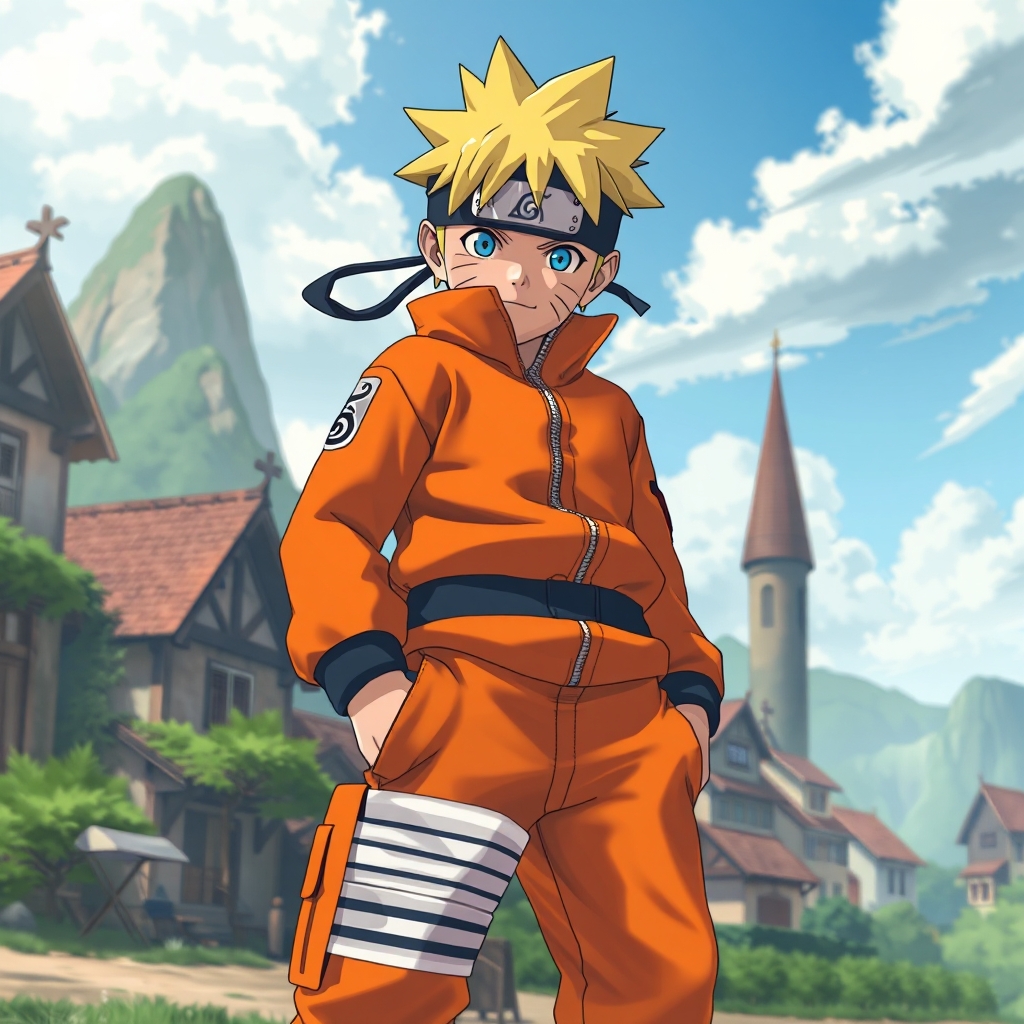

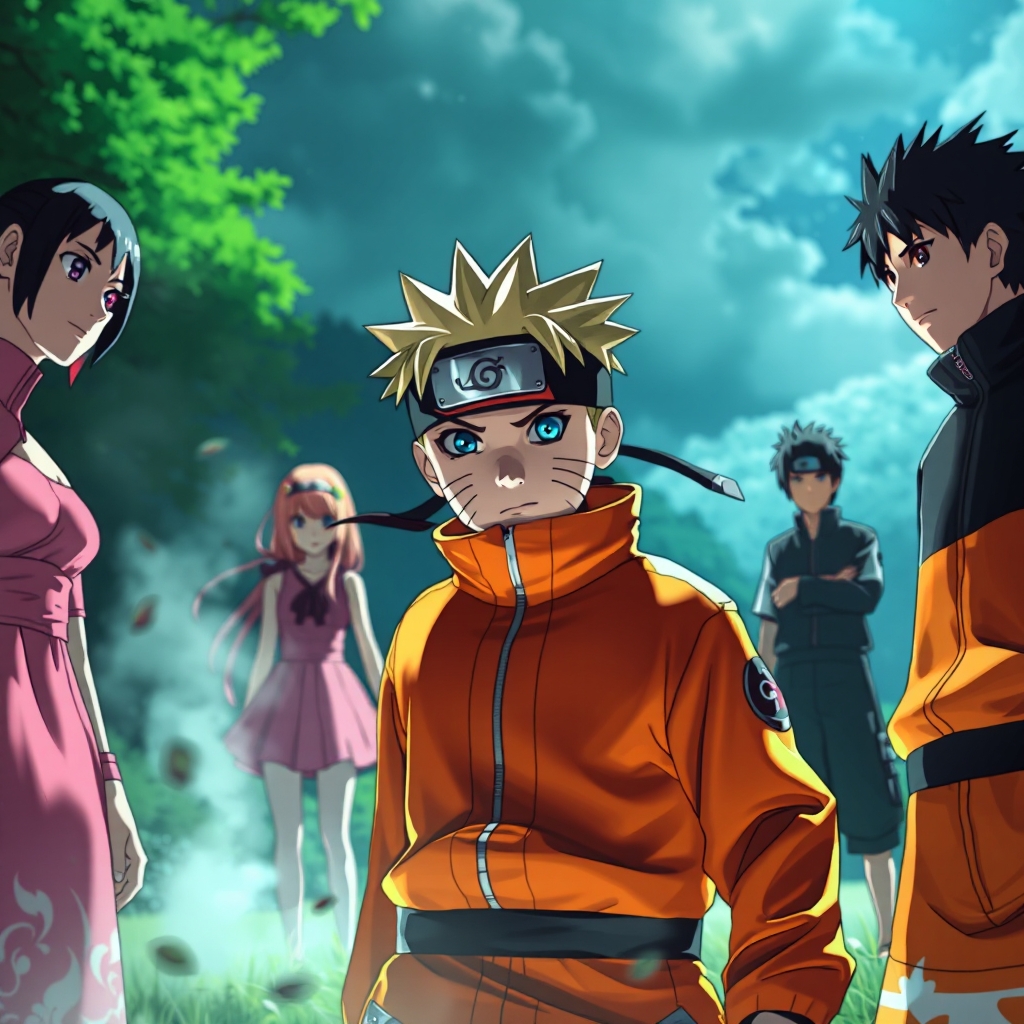
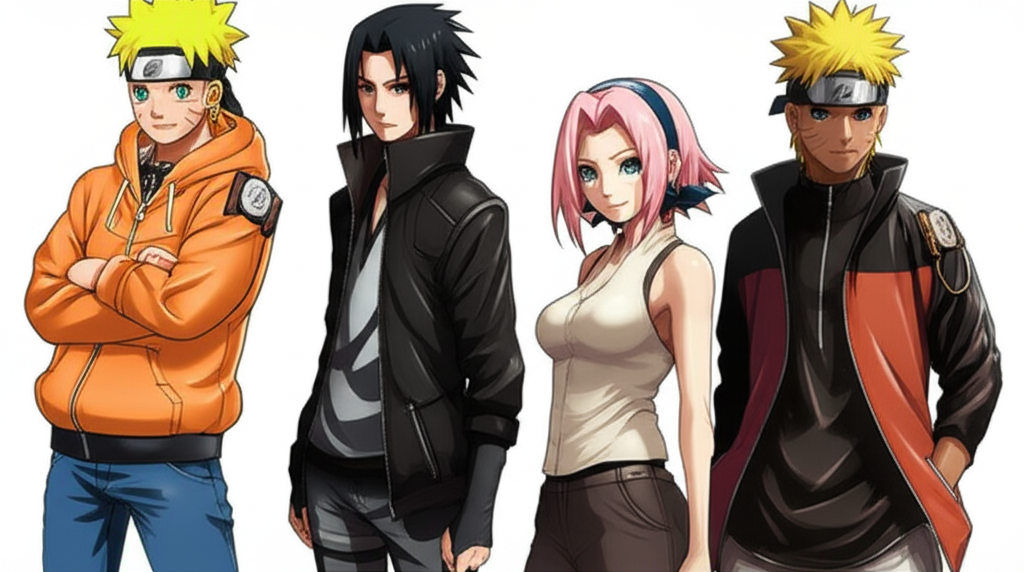
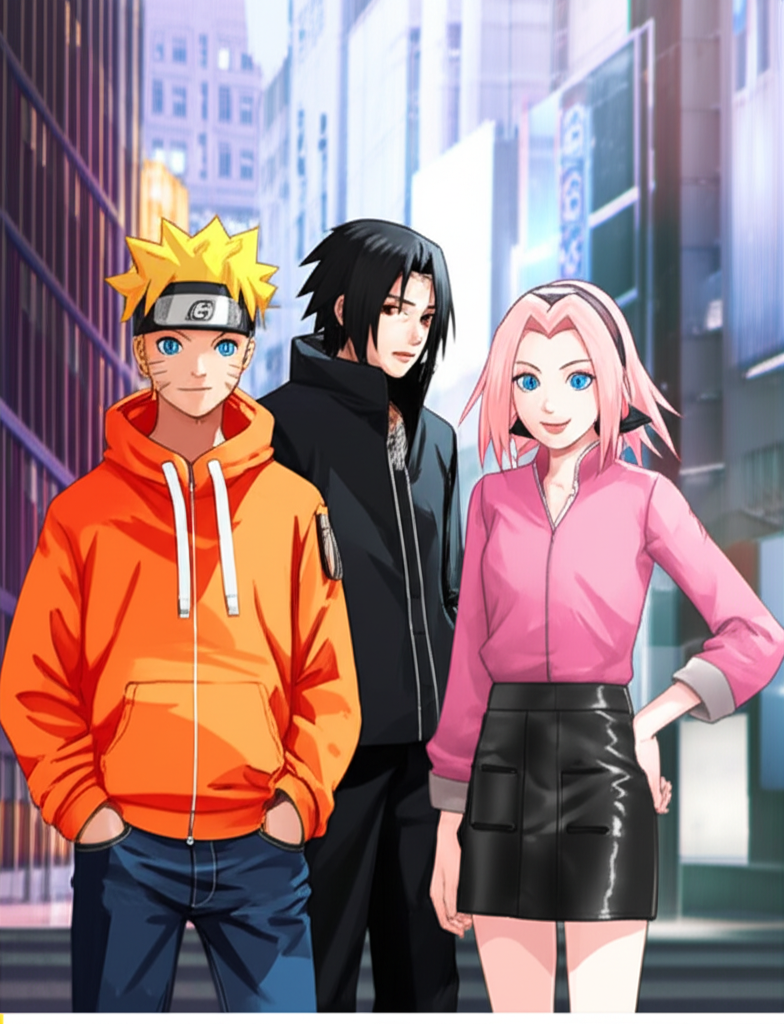
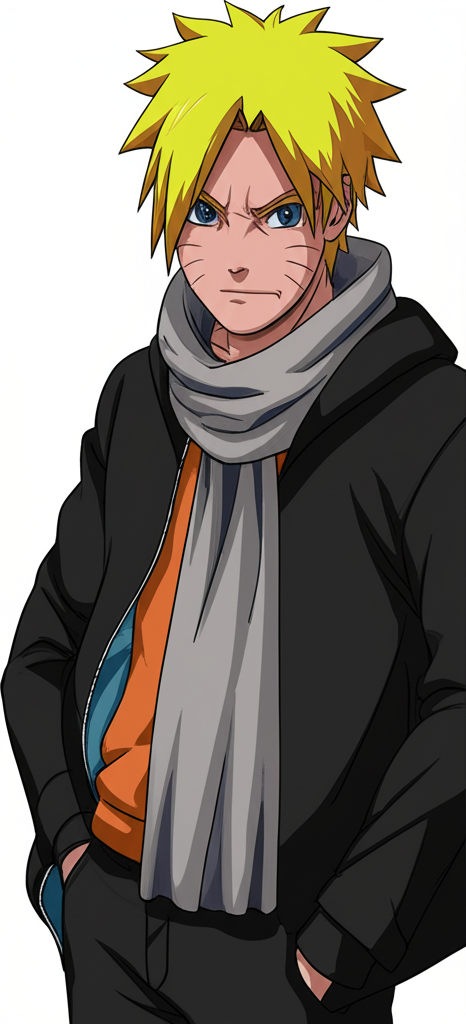
Latest Reviews